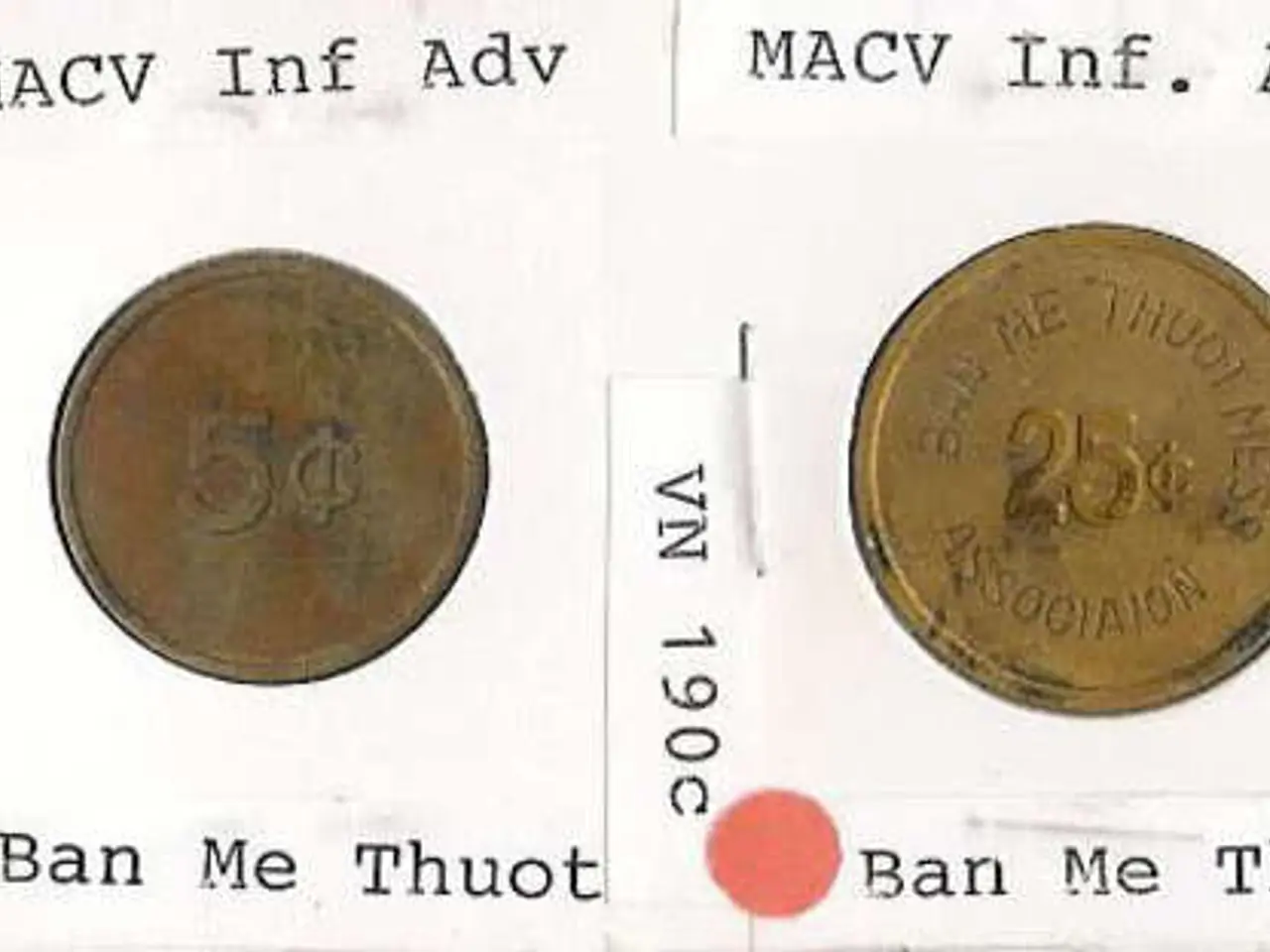Federal welfare program revises contentious anti-fraud scrutiny due to escalating accusations and mounting claim delays
Social Security's Anti-Fraud Policy U-Turn: A Shift for the Better?
After facing a torrent of criticism from senior citizens and advocacy groups, the Social Security Administration (SSA) has scrapped a key component of its controversial anti-fraud policy. As per an email sent to employees, the agency will no longer hold retirement benefit applications for three days to check for fraud [1].
The move comes at a time when the swelling backlog of retirement benefit claims has reached nearly 575,000 applications [2]. With the employee roster dwindling through downsizing efforts, the SSA is encouraging workers to exert extra effort in processing these claims.
Initially, the SSA wanted to bar applicants from filing for benefits over the telephone, citing insufficient identity verification [3]. However, advocates raised concerns that this policy would make it excessively challenging for many individuals, particularly those less tech-savvy or living far from SSA offices.
The withdrawal of this policy, along with the abolition of the ability for beneficiaries to update their direct deposit information over the phone, triggered a flood of concerns from senior citizens and people with disabilities. Many doubted whether they had to verify their identities to continue receiving payments or seeks clarification on the new procedures [4].
SSA's Reorganization and its Implications
The anti-fraud policy, which was motivated by Elon Musk's Department of Government Efficiency, saw multiple revisions before implementation [5]. Among the recent alterations, the policy change will only affect those filing for retirement, survivors, or family benefits over the phone, with a delay in implementation until April 14 [5]. These phone claims will undergo a fraud review, and if irregularities are identified, applicants may be required to prove their identity in person at a field office.
A spokesperson for the SSA reported that the agency is continually optimizing its anti-fraud algorithm to flag high-probability fraud cases. The recent adjustments aim to strike a balance between timely processing of claims and protection against fraud [5].
However, the review process discovered only two dubious cases - out of over 110,000 claims - signifying low instances of potential fraud [6]. Moreover, the anti-fraud checks led to delays in processing retirement claims by 25 percent and degraded customer service levels [6].
Growing Backlog of Retirement Claims
As of mid-May, Social Security had a staggering backlog of nearly 575,000 pending retirement claims, with roughly 140,000 claims languishing for over 60 days [2]. This surge in pending claims can be attributed to the peak wave of Baby Boomers hitting retirement age and a law passed by Congress that boosted Social Security benefits for nearly 3 million federal, state, and local workers [2].
The backlog started swelling swiftly last fall, climbing from fewer than 350,000 pending claims in September to nearly 600,000 pending claims in April [2]. To combat this escalating problem, the SSA has urged workers in field offices to increase their daily claim clearance rate by at least 10 percent for the remainder of May [2]. Critics argue that this directive, combined with downsizing efforts, adds insult to injury for overworked employees [7].
References:[1]
In light of the revised Anti-Fraud Policy, the Social Security Administration (SSA) will only delay phone claims for retirement, survivors, or family benefits until April 14, subjecting these applications to fraud review [5]. The emphasis on policy-and-legislation changes in the SSA is evident as it attempts to balance timely claim processing and fraud prevention [5].
However, the anti-fraud checks have resulted in delays of 25 percent in retirement claim processing and a decline in customer service levels [6]. The SSA's efforts to streamline its procedures come at a critical juncture as the finance sector closely watches the growing backlog of roughly 575,000 pending retirement claims [2].
The controversies surrounding the SSA's Anti-Fraud Policy, including the policy U-turn and growing backlog, continue to raise concerns among experts and general-news outlets as they follow developments in policy-and-legislation related to Social Security and finance [4].




